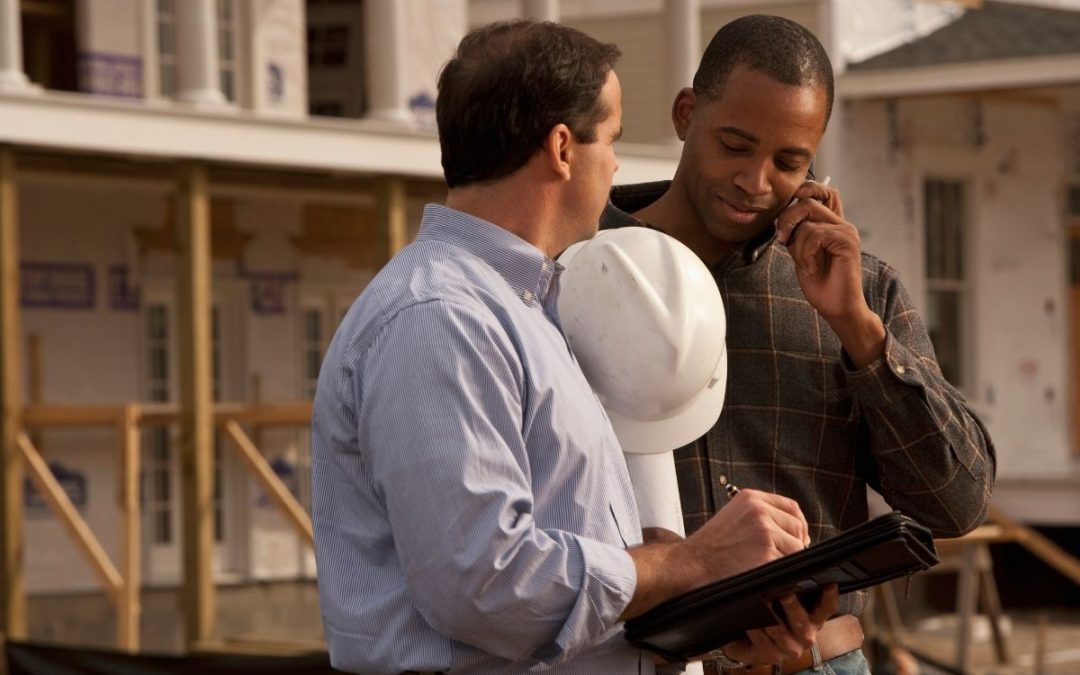Published Dec 21, 2020
There are many different home improvement projects you can do by yourself with relative ease. Then, there are other projects that require a specific set of skills that only some experts possess, so you hire them for the job. But what if your construction or demolition job is far more complex and multifaceted? Who then are you supposed to call?
In situations where you will need to employ multiple contractors’ services, it’s more than advisable to hire a general contractor to take care of the project. In this article, we will be going over what a general contractor does, its essential difference from a subcontractor, and how to select one for your project.
What is a general contractor?
Also popularly referred to as a “main contractor” or “prime contractor,” a general contractor is an individual or a company that oversees and coordinates every aspect of a project. And by every aspect, I mean everything. General contractors are in charge of providing all the labor, material, equipment (such as heavy construction vehicles and tools), and services required to complete a project.

What does a general contractor do?
First, a property owner will usually want to receive a “budget quotation” from the general contractor to have an idea of how much the entire project will cost. After which, a “contract bid” commences where you may have one or more general contractors give you a much more refined and meticulous calculation of total project costs down to the last doorknob.
Once you enter into a contract with a general contractor, they become liable for the entire project’s success (or the much less desirable outcome, failure). The contractor will then hire subcontractors (such as carpenters, plumbers, electricians) to work on the project while coming up with a feasible schedule to carry out tasks. One of their primary responsibilities is to supervise their subcontractors every step of the way so that the project goes along how it should. This includes ensuring that all products are handled in such a way that it doesn’t void their warranties and guarantees. When a general contractor oversees a project, you’re almost always guaranteed that they will follow the manufacturer’s guidelines.
Another major part of a general contractor’s responsibilities is to secure the proper building permits from local and state authorities. These permits are required for most construction and remodeling projects to ensure their safety and compliance with building, construction, and zoning codes.
Safety is also another crucial component of a general contractor’s job. They are held liable for the protection of everyone working on and around the construction site. With that, they must carry workers’ compensation and liability insurance. Suppose a worker or subcontractor gets hurt on the job. In that case, it’s the general contractor’s responsibility to ensure that that person is well taken care of and justly compensated for any damages. This also goes for any property that was mistakenly damaged during operations. Basically, a general contractor takes on the responsibility of a site, so if anything were to go wrong in it, they are financially responsible for righting that wrong.
Lastly, contractors will also have to secure the workplace. This means that they’re responsible for cleaning up and disposing of trash and debris properly during and after a project.
Difference between a general contractor and a subcontractor
The primary difference between a general contractor and a subcontractor is that the latter is hired by the former to perform a specialized task. They complete smaller projects, which contribute to the larger project at hand. Similar to general contractors, subcontractors may either be an individual or a company. Their services are called upon by general contractors because of their expertise in a specific field. In order for a construction or demolition project to go smoothly, a general contractor will have to coordinate with several subcontractors effectively.
When is it appropriate to hire a general contractor
To assess whether you need a general contractor, you need to specify what you need for a project. A general rule of thumb is that if a project takes a week or less to accomplish, you can employ the services of a handyman or subcontractor. But if the project requires many different services and will take weeks to complete, as in renovation that involves plumbing, wiring, and HVAC, then you should look for a general contractor. Their services may be more expensive up front, but they can save you much of the hassle and time in coordinating a project.
How to select the right general contractor for a job
Selecting the appropriate general contractor for you is crucial to the project’s success. You will be working closely with them, so you need to ensure that you can work together effectively. Finding a good general contractor entails research, as you’ll want to find one that has sufficient experience in the field and similar projects as yours. You can ask them to see samples of their work and get feedback from some of the clients they’ve worked for in the past. At the end of the day, you’ll want to listen to your instincts when selecting the right general contractor.
Interested In Cutting Technologies?
For nearly 40 years Cutting Technologies (CTI) has been the go-to demolition contractor for technically demanding, one-off jobs. Our wealth of experience enables CTI to bring “outside-of-the-block” approaches to achieve the impossible. Contractors trust CTI to get the job done right. Take a look at our demolition services on our website.

About The Author
Terrence Tan Ting is an industrial engineer by profession but a full time writer by passion. He loves to write about a wide range of topics from many different industries thanks to his undying curiosity.

